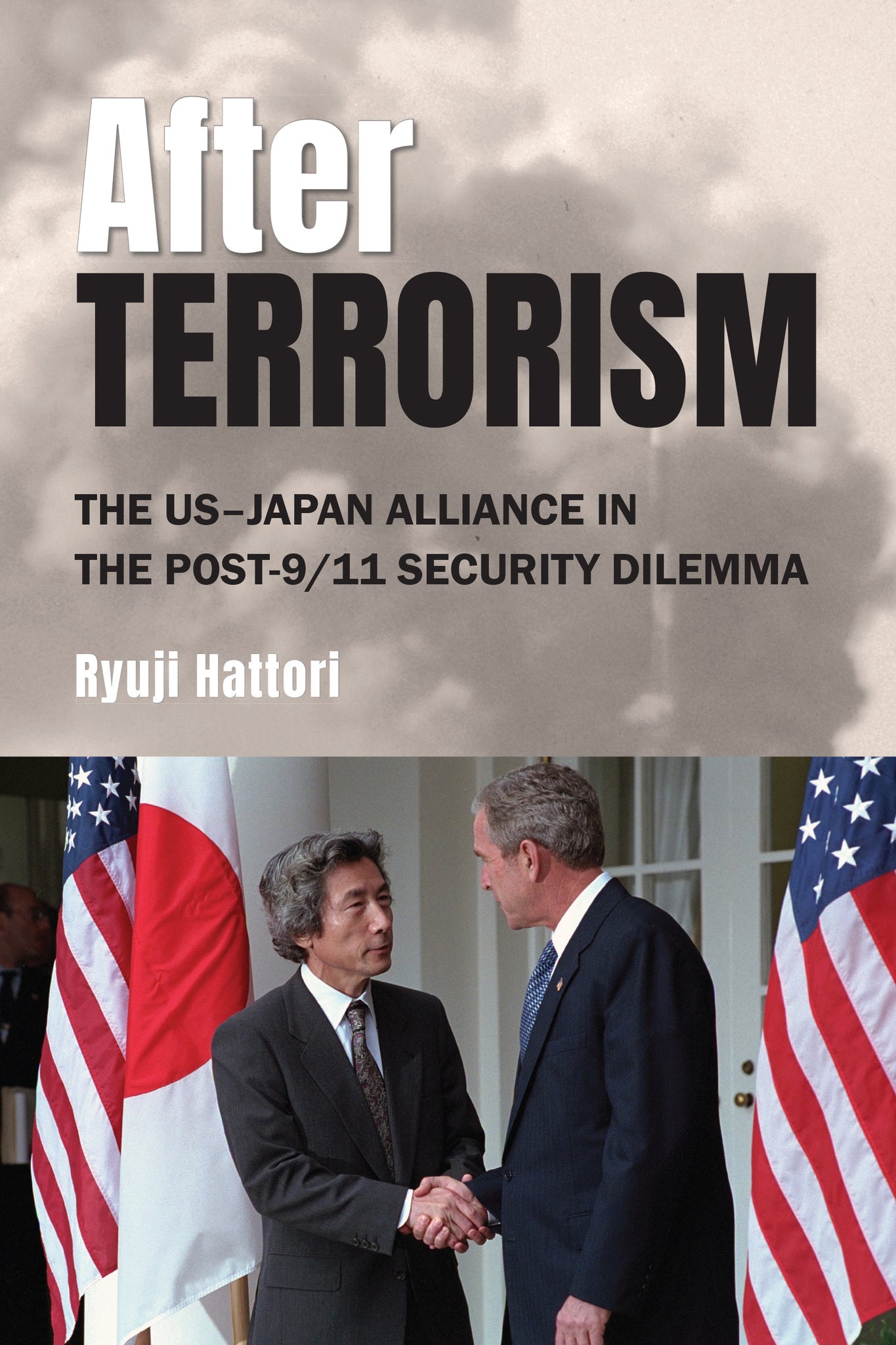We're sorry. An error has occurred
Please cancel or retry.
After Terrorism

Some error occured while loading the Quick View. Please close the Quick View and try reloading the page.
- Format:
-
01 January 2026

Explores how Japan navigated its alliance with the United States in the aftermath of 9/11, balancing its pacifist constitution with evolving global security demands through newly revealed diplomatic documents and high-level policy analysis.
After Terrorism offers a groundbreaking analysis of how Japan navigated its alliance with the United States in the wake of the September 11 attacks, the wars in Afghanistan and Iraq, and North Korea's nuclear ambitions. Drawing from newly declassified diplomatic documents, Ryuji Hattori challenges conventional narratives and introduces the concept of the global alliance security dilemma, illustrating how Japan struggled to balance its pacifist constitution with growing international security demands. Providing a rare, document-based perspective on the Bush-Koizumi era, Hattori offers insights into high-level negotiations, security policymaking, and the shifting geopolitical landscape of East Asia. Through a meticulous analysis of primary sources and interviews with key policymakers, he reveals how Japan's foreign policy was shaped by both alliance asymmetries and domestic constraints. Ideal for scholars of international relations, security studies, and Asian diplomacy, After Terrorism is an essential resource for understanding the long-term impact of post-9/11 security decisions on US–Japan relations and the broader Indo-Pacific order.


"Written by one of the best diplomatic historians in the field and based on primary documents and scholarship (in three languages), this is a unique explanation of Japan's foreign policymaking after the 9/11 terrorist attacks on the United States." — Robert D. Eldridge, Senior Fellow, Japan Institute of International Affairs



